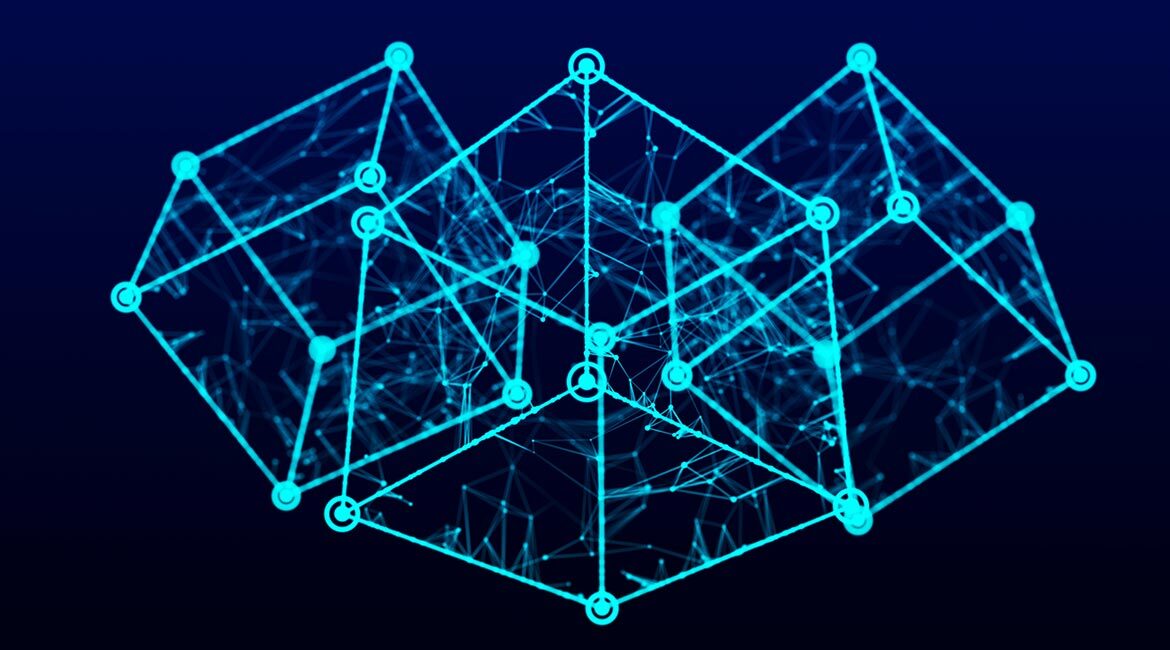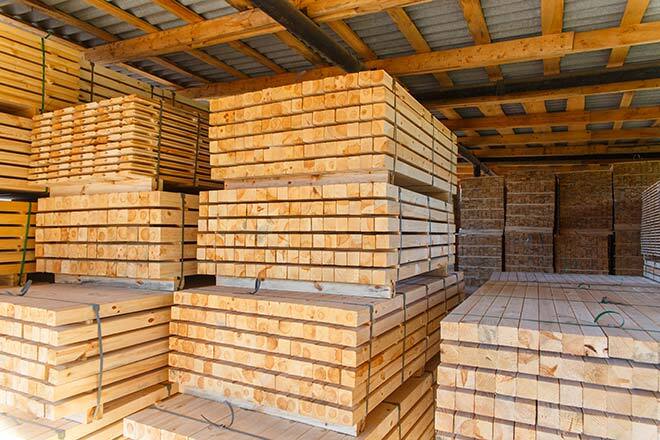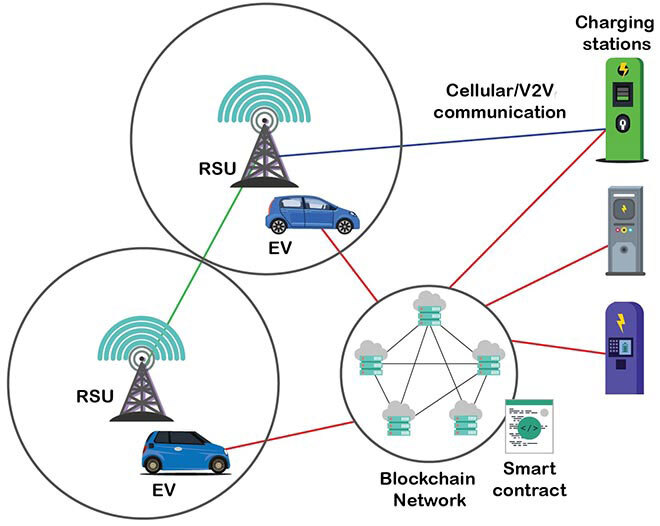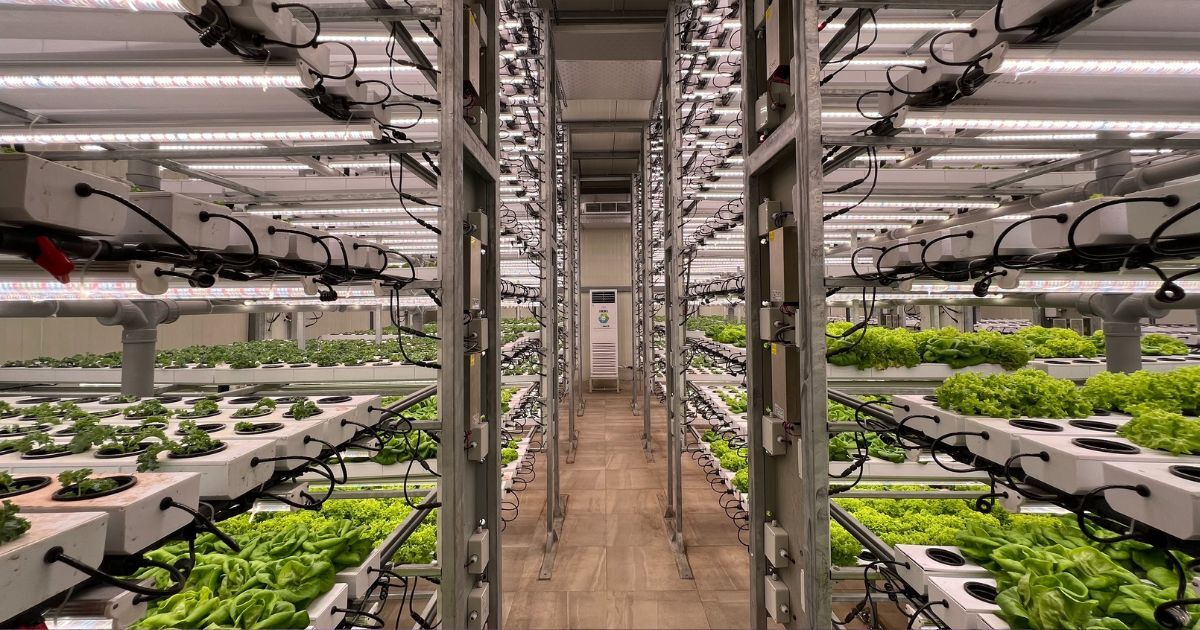Demystifying the Blockchain to Democratize its Use

Purchased on Istockphoto.com. Copyright.
In most people’s minds, the blockchain is associated with cryptocurrencies like Bitcoin and Ethereum. On the one hand, it is important to know that these two examples are based on old systems that are highly energy-intensive. On the other hand, blockchain is far from being limited to cryptocurrencies! At the ÉTS FUSÉE Lab, we are training students on this technology, which shows enormous potential.
Ensuring Information Integrity without Intermediaries
Basically, a blockchain is used to share information between various independent stakeholders (anonymously or not) who don’t, in principle, have a relationship of trust. It is a distributed database, encrypted to prevent anyone from compromising its integrity and security. Each block of the chain contains several transactions, i.e., information exchanged between users employing smart contracts (computer code). Blockchains and smart contracts are deployed in a decentralized network of computers physically located anywhere around the world. These computers must obtain the entirety of the blocks, i.e., the replication protocol. The blocks are validated by consensus protocols. Smart contracts are then executed autonomously, adding information to new blocks.
Below are three research projects we are working on that highlight practical applications of the blockchain.
Traceability of Wood
Awareness of the Earth’s limited resources is leading many consumers and industries to demand accountability for the provenance of raw materials and products. Some favour local production; others, products that generate the least amount of greenhouse gases. Still others want to ensure that they do not buy anything from countries under economic embargoes. The Forest Sustainability Council has made it its mission to track all wood used by its customers and to certify its provenance. To achieve this, it provides customers with various tools. Although this is done conscientiously, the information currently comes from trusted third parties. Therefore, the system is not immune to fraud resulting from bribery or “creative” accounting. So our team has been working on developing a blockchain, LogLog, to certify the provenance of wood products.

Blockchain is not usually known as an effective solution for managing large amounts of data. The traditional way to overcome this limitation is to couple the chain to multiple databases in order to host the enormous files. However, we did not follow this approach. LogLog is a system where the information is entirely managed in the chain and meets the ERC-1155 standard (non-fungible tokens).
Storing Data from the Internet of Things
The advent of the Internet of Things (IoT) has created a market where data from heterogeneous sources is sold and sent in real-time to specific customers. On the one hand, existing services have no monetization logic. On the other, they assume that intermediaries are trustworthy, which is not always the case in this type of decentralized and federated market.

We solved these problems by creating a distributed registry managed by smart contracts. We proposed three monetization solutions and demonstrated blockchain’s superiority for this application.
Selecting Charging Stations
As more and more electric vehicles hit our roads, there is a growing demand for charging stations. Competing charging networks are offering different charging powers and are moving toward dynamic pricing to ensure the economic viability of their business. Drivers would be well advised to select a charging station that meets their desired charging criteria. However, this step involves private data collection and vehicle tracking, which raises privacy and security concerns.
We proposed a blockchain-based architecture, BlockEV, designed to reserve a terminal according to certain criteria, while protecting the driver’s personal information.

Use Wisely
The greatest strength of the blockchain is its transparency, as transactions are publicly verified by all. When flaws are detected, they can be investigated and fixed. Obviously, every user is responsible for understanding the technology before adopting it to exchange money or information.
Our work aims to address the significant technical challenges associated with the blockchain, such as decreasing its energy consumption, increasing transaction throughput, and storing massive amounts of data.



